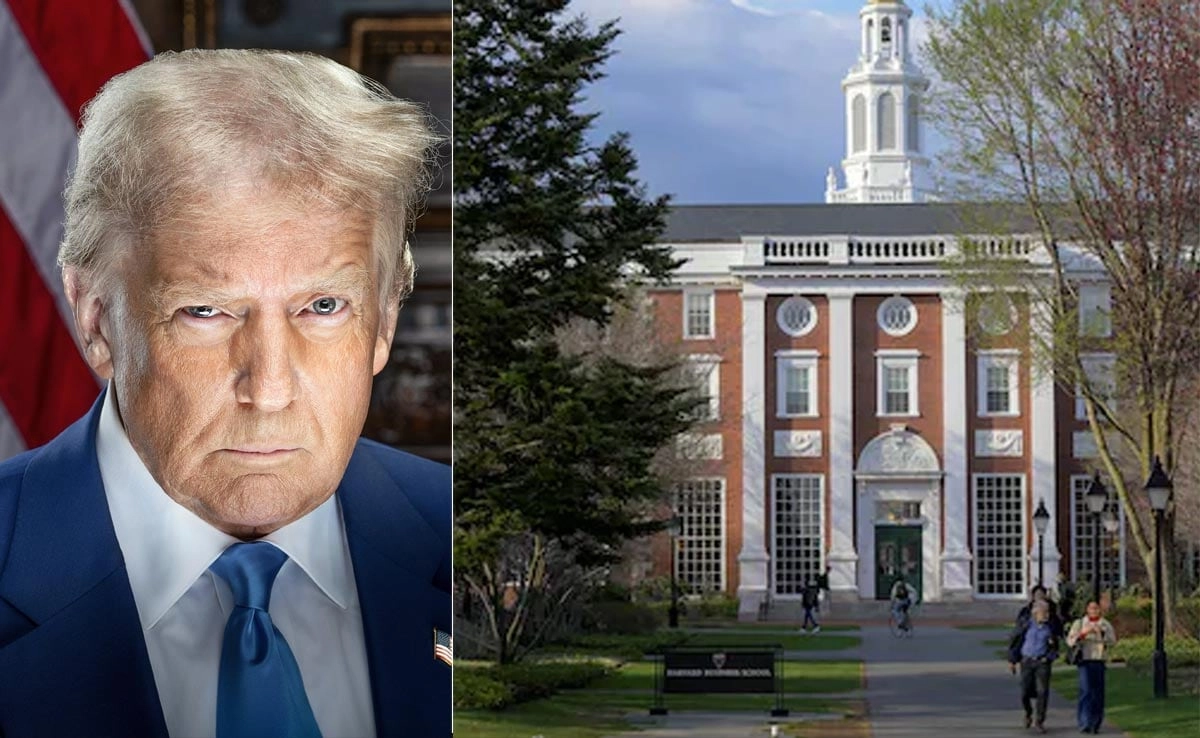Harvard University has taken a significant legal step by filing a lawsuit against the Trump administration over its recent policy changes that restrict the enrollment of foreign students. The university argues that these measures are not only detrimental to its institution but also pose a broader threat to the academic community and the country’s educational system as a whole. The lawsuit highlights the importance of international students to American universities, noting that they contribute to the diversity and richness of the academic environment. Harvard asserts that the administration’s actions could undermine the university’s mission to foster an inclusive atmosphere where students from all backgrounds can thrive.
The legal challenge comes in the wake of the Trump administration’s announcement of new immigration policies that would limit the ability of foreign students to remain in the United States. Harvard claims that these restrictions are arbitrary and have the potential to significantly reduce the number of international students enrolling in U.S. institutions. The university emphasizes that international students not only enhance the classroom experience but also contribute to research, innovation, and the overall economy. By pursuing this lawsuit, Harvard aims to protect its student body and ensure that it continues to attract talented individuals from around the globe.
In addition to the immediate implications for Harvard, this lawsuit reflects broader concerns within the academic community regarding the future of higher education in the United States. The support for international students is seen as a cornerstone of the nation’s educational excellence, and universities across the country are voicing their apprehensions about the potential long-term effects of such restrictive policies. By standing up against the Trump administration’s decision, Harvard hopes to send a clear message about the value of diversity in education and the critical role that foreign students play in shaping the future of American academia.
Ultimately, this legal battle underscores the ongoing tensions between higher education institutions and federal immigration policies. Harvard’s lawsuit is not just about the university itself but is emblematic of a larger struggle to maintain an open and welcoming environment for students of all nationalities. As the case unfolds, it will likely draw significant attention and could set important precedents regarding the treatment of international students in the United States. Harvard’s commitment to inclusivity and diversity in its student body remains a pivotal aspect of its identity, and this lawsuit represents a crucial attempt to defend those values in the face of challenging political landscapes.




